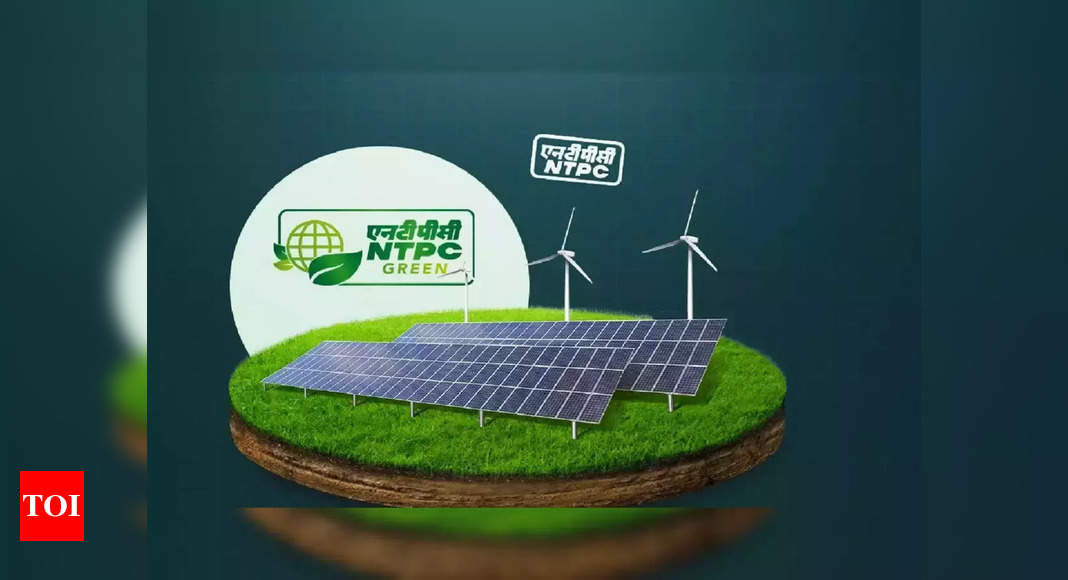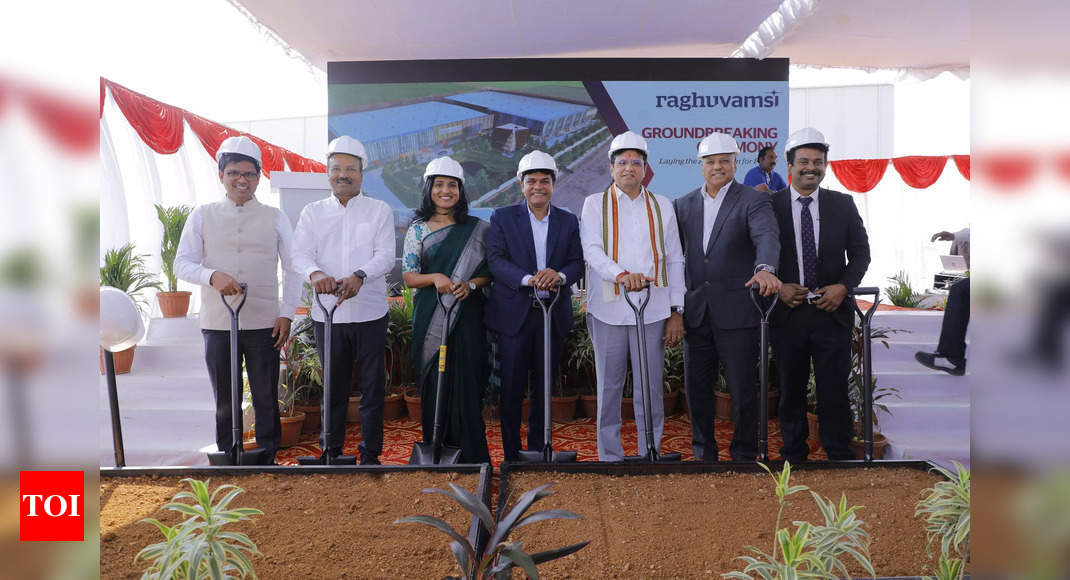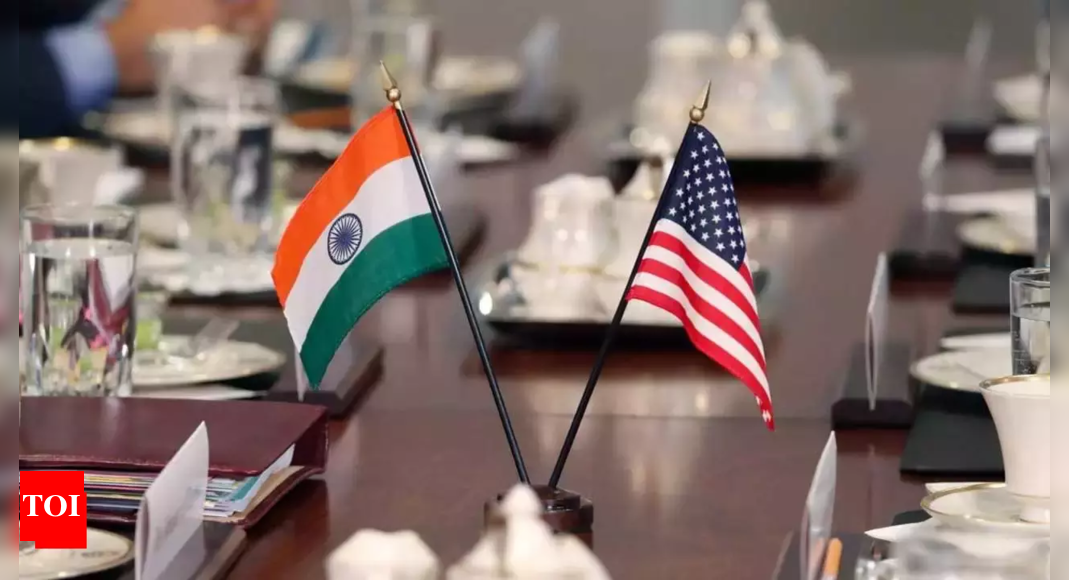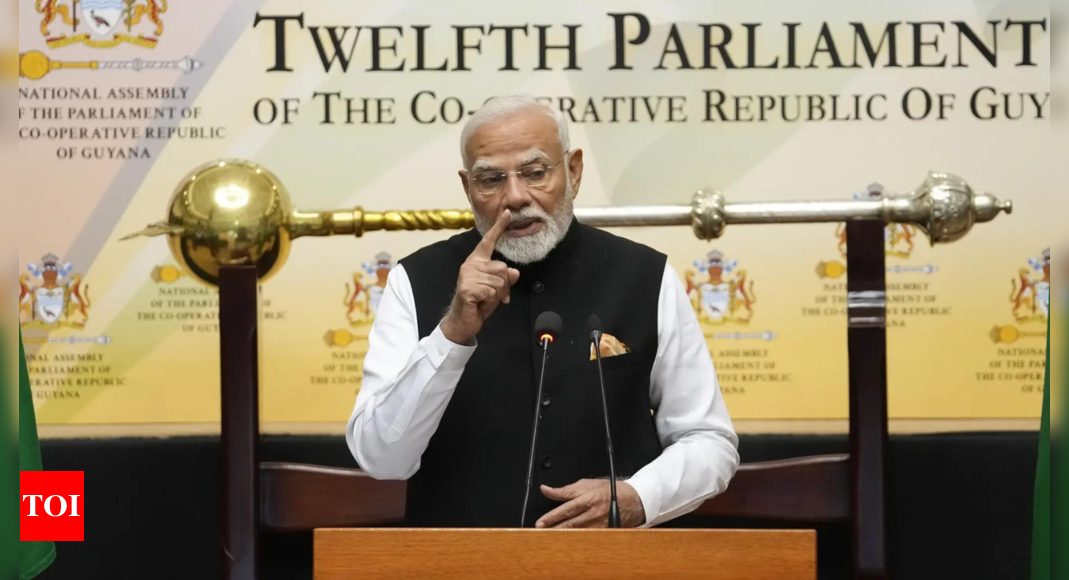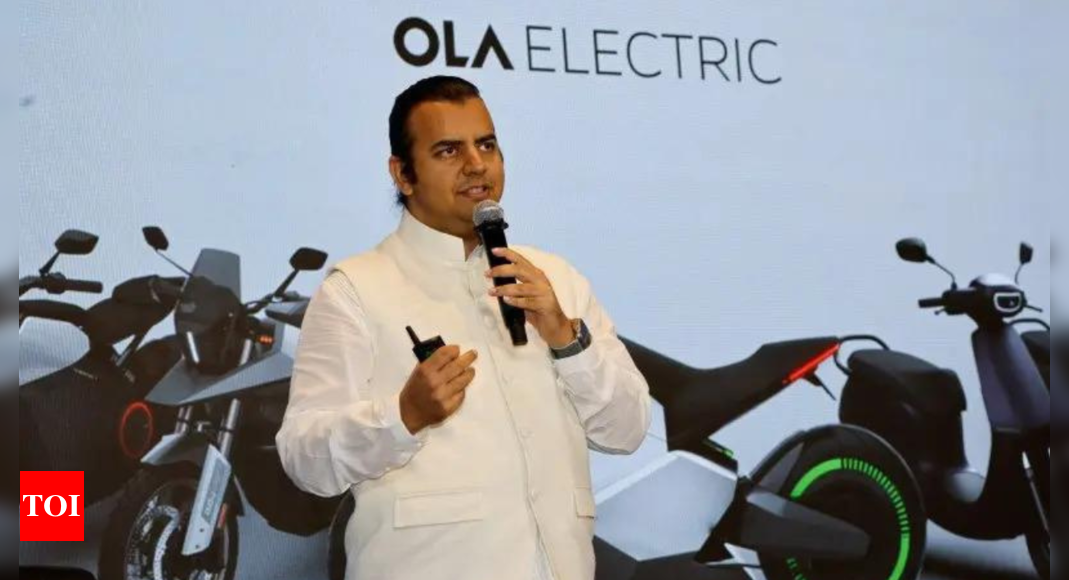
Ola founder and CEO Bhavish Aggarwal, on Sunday said that the private sector should take the lead in generating employment opportunities and bear the primary responsibility for job creation, adding that while businesses must step up and do more, it is the government’s role to create an enabling environment and address imbalances, such as those in trade.
“There is a global technology transition underway, and AI is a crucial technology for the future. India needs to lead this journey. If you look at the current state, I believe we are still adopting technology paradigms created by others, particularly in the digital world.” Aggarwal said in an interview with PTI, explaining why the Ola group established the AI startup Krutrim last year.
Sharing his views on employment generation in India Aggarwal said, “I actually believe the private sector has to do the bulk of the job creation. The government’s job is to create the enabling environment, create the fundamentals, help correct imbalances wherever they are, be it trade imbalances, etc and incentivise wherever it needs to be incentivised, like the PLI schemes.”
Aggarwal expressed his support for the government’s initiative to provide fiscal incentives to global electric vehicle (EV) manufacturers, including Tesla, through the new EV policy saying that it is important for India to attract all kinds of investment and globally established players will contribute to the development of the country’s EV ecosystem.
Aggarwal said that Ola Electric’s ambition is to transform India into a global hub for electric vehicles. However, he stressed that India must develop its own EV and energy transition paradigm based on its specific needs, as the world’s sustainable future cannot be achieved without India’s participation.
Speaking about AI startup Krutrim, he noted that one of its key goals is to develop AI models using Indian data, more closely aligned with Indian use cases and paradigms. “We are making our own AI, on our own cloud, on our own chip,” he added.
India currently generates 20 per cent of the world’s digital data, but unfortunately, the country does not have full ownership of this data, because 80 per cent of the data is stored outside the country, which is then processed into AI and “brought back into India and sold to us in dollars,” he pointed.
Addressing concerns about AI potentially leading to job losses, he dismissed the worry, drawing a parallel to the IT boom in India. When people feared that computers would take away jobs, the IT boom actually created employment opportunities.
He told PTI that, “AI is not going to replace anyone. Maybe that future is a few decades away… We don’t need to get anxious about that future right now. We need to, as a country, see that AI is going to amplify productivity. If we don’t get onto the bandwagon, we will be left behind.”
To stay competitive, Aggarwal believes that India needs to become experts in future technologies. He said, “Future technologies bring with it jobs of the future, supply chain of the future. And if we are global leaders, we are the fastest adoptive market of future technologies (then) jobs of the future will be built in India, supply chains of the future will be built in India. This is the only way… If we focus on protecting the past, you remain uncompetitive.
When asked if the government is doing enough to create the right ecosystem for the private sector, Aggarwal said, “I’m not in the government, so I want to focus on us. Is the private sector doing enough? I believe we can all do more, and I’m fully aligned with that. We all need to step up.”
Regarding Ola Consumer, he said that the ride-hailing mobility division is already quite profitable, meanwhile the company is also investing in a new e-commerce venture in partnership with ONDC.
“There is a global technology transition underway, and AI is a crucial technology for the future. India needs to lead this journey. If you look at the current state, I believe we are still adopting technology paradigms created by others, particularly in the digital world.” Aggarwal said in an interview with PTI, explaining why the Ola group established the AI startup Krutrim last year.
Sharing his views on employment generation in India Aggarwal said, “I actually believe the private sector has to do the bulk of the job creation. The government’s job is to create the enabling environment, create the fundamentals, help correct imbalances wherever they are, be it trade imbalances, etc and incentivise wherever it needs to be incentivised, like the PLI schemes.”
Aggarwal expressed his support for the government’s initiative to provide fiscal incentives to global electric vehicle (EV) manufacturers, including Tesla, through the new EV policy saying that it is important for India to attract all kinds of investment and globally established players will contribute to the development of the country’s EV ecosystem.
Aggarwal said that Ola Electric’s ambition is to transform India into a global hub for electric vehicles. However, he stressed that India must develop its own EV and energy transition paradigm based on its specific needs, as the world’s sustainable future cannot be achieved without India’s participation.
Speaking about AI startup Krutrim, he noted that one of its key goals is to develop AI models using Indian data, more closely aligned with Indian use cases and paradigms. “We are making our own AI, on our own cloud, on our own chip,” he added.
India currently generates 20 per cent of the world’s digital data, but unfortunately, the country does not have full ownership of this data, because 80 per cent of the data is stored outside the country, which is then processed into AI and “brought back into India and sold to us in dollars,” he pointed.
Addressing concerns about AI potentially leading to job losses, he dismissed the worry, drawing a parallel to the IT boom in India. When people feared that computers would take away jobs, the IT boom actually created employment opportunities.
He told PTI that, “AI is not going to replace anyone. Maybe that future is a few decades away… We don’t need to get anxious about that future right now. We need to, as a country, see that AI is going to amplify productivity. If we don’t get onto the bandwagon, we will be left behind.”
To stay competitive, Aggarwal believes that India needs to become experts in future technologies. He said, “Future technologies bring with it jobs of the future, supply chain of the future. And if we are global leaders, we are the fastest adoptive market of future technologies (then) jobs of the future will be built in India, supply chains of the future will be built in India. This is the only way… If we focus on protecting the past, you remain uncompetitive.
When asked if the government is doing enough to create the right ecosystem for the private sector, Aggarwal said, “I’m not in the government, so I want to focus on us. Is the private sector doing enough? I believe we can all do more, and I’m fully aligned with that. We all need to step up.”
Regarding Ola Consumer, he said that the ride-hailing mobility division is already quite profitable, meanwhile the company is also investing in a new e-commerce venture in partnership with ONDC.


